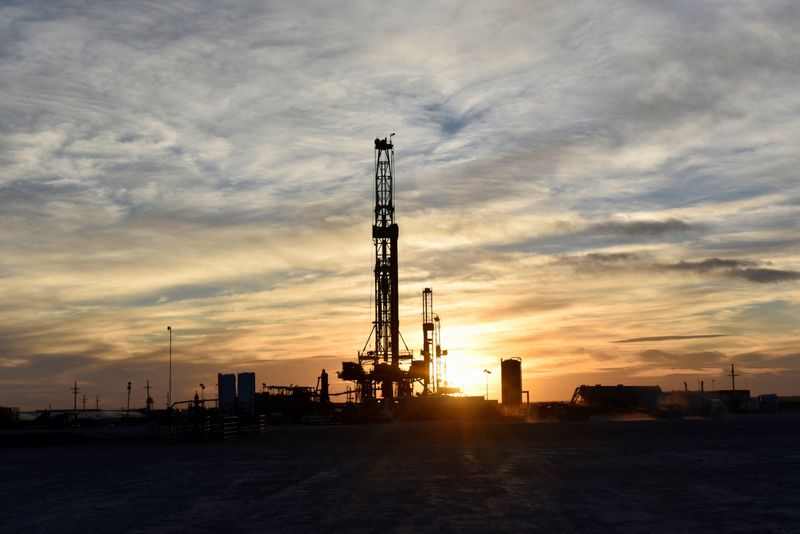By Florence Tan
SINGAPORE (Reuters) – Oil prices were little changed as investors eyed energy supply disruption, with the largest ports in Texas shut before Tropical Storm Beryl likely strengthens into a hurricane and makes landfall on Monday.
futures inched up 11 cents, or 0.1%, to $86.65 a barrel as at 0042 GMT after closing down 89 cents on Friday.
U.S. West Texas Intermediate crude was at $83.08 a barrel, down 8 cents, after settling down 72 cents in the previous session.
The ports of Corpus Christi, Houston, Galveston, Freeport and Texas City closed on Sunday to prepare for Tropical Storm Beryl which could grow into a Category 2 hurricane after making landfall in the middle of the Texas coast between Galveston and Corpus Christi later on Monday.
Port closures could bring a temporary halt to crude and liquefied exports, oil shipments to refineries, and motor fuel deliveries from those plants.
“It looks like a storm surge, power outages are likely,” said IG analyst Tony Sycamore based in Sydney.
He added that there is also a good chance of U.S. data showing another large weekly draw in U.S. oil inventories amid peak driving season which will be supportive for oil prices.
WTI gained 2.1% last week after data from the Energy Information Administration showed stockpiles for crude and refined products fell in the week ending June 28. [EIA/S]
The number of operating oil rigs in the U.S. were unchanged at 479 last week, holding at its lowest since December 2021, Baker Hughes said in its weekly report on Friday.
Oil prices were also supported by hopes of interest rate cuts, Sycamore said, following U.S. data on Friday that showed inflation is easing and job growth slowing.
Lower interest rates can boost economic activity and increase demand.

Investors were also watching for any impact from elections in the UK, France and Iran last week on geopolitics and energy policies.
France faced potential political deadlock after elections on Sunday threw up a hung parliament while Iranians chose Masoud Pezeshkian as their new president, a relative moderate who beat a hard-line rival in the election.

